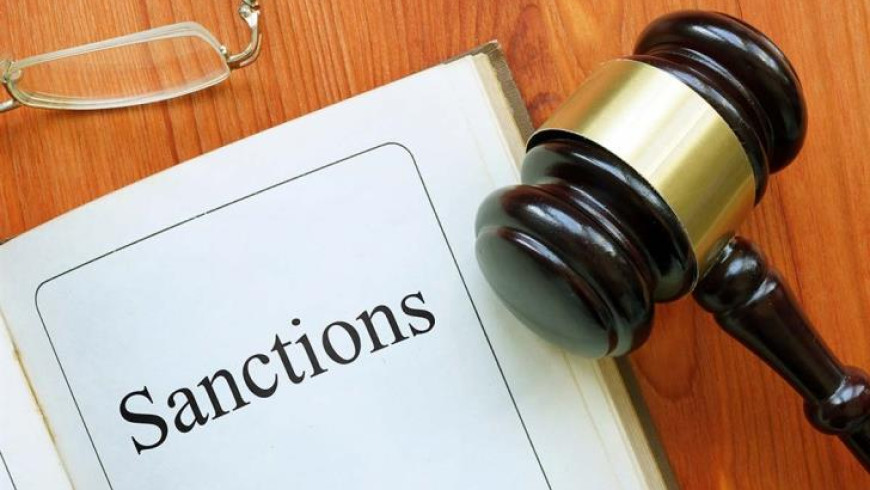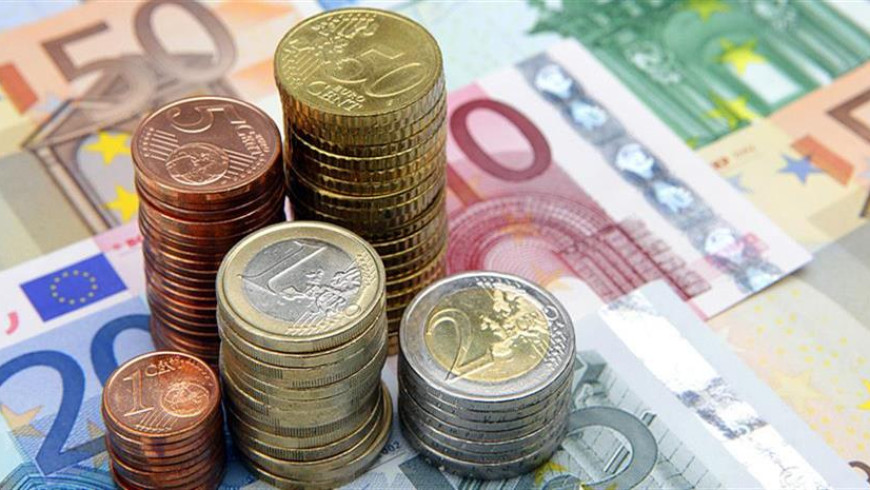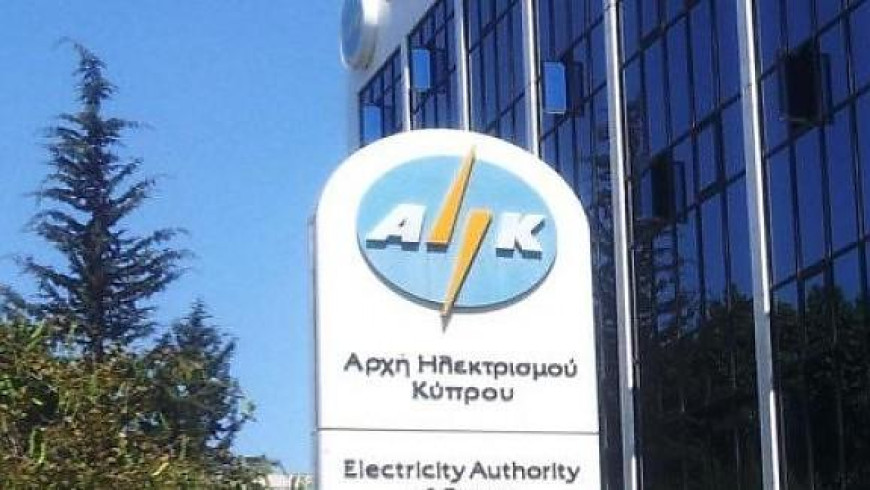Overconsumption Causing Environmental Damage and Derailing the Economy

Over the last 40 years the Cyprus government has relied increasingly on three main sources to generate economic growth, namely, property investment, mass tourism, and private consumption. Under the new Presidency of Nikos Christodoulides pursuit of this implicit growth model has not changed with the government using more populist measures to currently satisfy property developers, hoteliers and the over-consuming public and tourists. But in the longer-term, much property development aimed at attracting foreign tourists and investors with the building of hotels, villas and towering apartments will contribute to worsening the natural environment. And over-consumption by domestic residents including purchases of motor vehicles and housing units and of the Cyprus tourist product by foreigners will add to environmental damage and hinder economic development.
That is, there is the likelihood of increasing “over-consumption” in the sense that the further excessive consumption or use of goods and services (energy, land, water and materials), including that in investment activity, causing great harm to the economy and the environment.
Overconsumption causing environmental damage
Consumerism defined as a system in which the goals of many individuals include the acquisition of goods and services beyond those that are necessary for simple living and survival or for displaying their status features prominently in Cyprus society.
In this connection, Cypriots are leaders in engaging in excessive consumption owning more motor vehicles and houses per capita than their counterparts in most other European countries. Indeed, it is estimated that in 2022 the number of motor vehicles per 1,000 persons was 785 in Cyprus, a level only approximately equaled by Luxembourg, Finland and Malta. In addition, ECB data for 2021[1] indicates that 91.1 per cent of households in Cyprus owned motor vehicles, the highest level in the euro area where the average was 78.0 per cent. And with motor vehicle registrations increasing by 34.6 per cent in 2023 Cyprus has probably become the champion in car ownership in Europe.
With regard to home ownership, ECB data reveal that 71.1 per cent of households in Cyprus own their main residence compared with the euro area average of 61.7 per cent, and most strikingly, that 43.0 per cent of households in Cyprus own “other real estate property”as against the euro area average of 25.0 per cent.
In addition to the continuous construction of hotels and villas to cater to the demands of foreign tourists there has been the prolific erection of towering apartment buildings in the main cities of Cyprus aimed primarily at attracting foreign investors.
In consequence, the excessive consumption and investments in real estate of Cyprus households together with the construction and speculative activities of property “developers” are contributing significantly to damaging the natural environment. More specifically, the heavy traffic of motor vehicles on Cyprus roads is polluting the atmosphere, while the discarding of somewhat older vehicles in open areas, add to environmental impairment. And the coastal areas of Cyprus are being damaged by property developers violating environmental regulations and building codes and by their irresponsible dumping of their waste. Furthermore, the mushrooming of building activity around the cities and coastal resorts of Cyprus is drowning areas rich in wildlife and vegetation in concrete.
Moreover, the yearly increases in the population owing to large boosts in the numbers of foreign tourists and the rapid expansion in the number of housing units together with rising economic activity are placing more severe strains on the energy and water resources of Cyprus. Already, the electricity grid system cannot accommodate any sizable increases in the production and distribution of renewable energies. And with climate change and the prospect of less rainfall during the winter months, water shortages could be encountered during the hotter summer months of the tourism season.
Overconsumption hindering economic development
By maintaining existing government economic policies in promoting excessive consumption and property investments a financial and economic crisis as happened in 2012/2013 could not only be caused, but there is the danger of keeping economic development and advances in the standard of living of Cyprus residents well below potential.
Government fiscal policies by allocating well over 90 per cent of budgetary resources to current expenditure items, particularly on outlays for often incompetent personnel, pre-empt the availability of funds and expertise[2] to finance and undertake worthwhile investment projects. And a considerable proportion of the limited public investment outlays is on the construction and upgrading of roads to cater for the rapidly expanding car population of Cyprus. In contrast, investments that can significantly raise productivity and improve living conditions such as on research and development, on the care economy, and on the greening and digital transitions, are minimized. Indeed, the government is failing in implementing the Recovery and Resilience (R & R) plan aimed at enhancing environmental and economic sustainability, which earmarks 1.2 billion euro of EU funds for committed investments, reforms and measures over the five years to August 2026. Notably, by September 1, 2023 less than 7 per cent of these funds had been absorbed in financing investment projects and reforms.
Taxation policies have been designed to favor investments and transactions in the property sector. Taxes and duties on property purchases and transfers are extremely low by international standards, with recurring taxes on immovable property yielding tax revenue of only 0.2 per cent of GDP in 2020 compared with the euro area average of 1.8 per cent. In fact, the central government’s recurring tax on immovable property was abolished in 2016.
Furthermore, with bank lending policies largely based on loans requiring real assets as security the financing of investments in the property sector and for purchases of motor vehicles are greatly favored. Moreover, as Cyprus bankers do not seem to have the willingness and competence to evaluate the repayment capacity of potential borrowers applying for the financing of projects outside of the property sector, many potentially worthwhile investments in other areas of the economy do not materialize. It seems that banks, at least in Cyprus, are engaging little in the much trumpeted “green financing” to contribute to environmental sustainability.
At the macro level “excessive” household consumption, is being reflected in the relatively low savings of Cyprus households in recent years. In fact, the household saving rate in Cyprus was just 6.5 per cent in 2022, being substantially less than the rate of 12.9 per cent in the euro area. Accordingly, with the saving rate of private corporations being very low also, total investment has considerably exceeded domestic savings, resulting in Cyprus recording large current account deficits in its balance of payments in recent years[3]. Indeed, as the experience leading up to the financial crisis of 2012/2013 demonstrated, when a string of large current account deficits takes place, an economy cannot sustain large macroeconomic imbalances financed by debt, and is forced eventually into recession with harsh austerity measures.
Recommended Policies
In brief some policies recommended to help bring about environmental and economic sustainability follow.
Government policies should aim at redirecting resources and raising its institutional capacity so as to substantially speed-up the effective implementation of investments and measures required under the R & R plan and in turn contribute importantly toward progress in carrying out the green transition.
The structure of tax incentives and disincentives should be realigned as well as issue of building permits curtailed[4] so as to curb excessive private consumption, particularly of motor vehicles, and of overinvestment in the property sector.
The Cyprus authorities should improve substantially their enforcement of regulations and laws. In particular, property developers and supporting professionals and agents need to be penalized and made accountable for regulatory violations including tax evasion
Individuals need to be responsible becoming more aware of one’s choice of products and their effect on the environment and society and in properly disposing of waste and recycling.
Companies should be designing products responsibly and changing the linear production system to a circular one, where obsolete products are repaired and re-used.
And Cyprus banks should refrain from their current practice of extending unaffordable loans to individuals and companies to finance consumption and property development and purchases solely on the basis of the collateral security provided. Where possible NPLs should be restructured instead of taking the properties off borrowers with foreclosures and the latest government “rent for instalment” scheme, while banks should be responsible in the negotiation of new loans including those relating to green financing by properly appraising the client’s ability to repay. Otherwise, the failure to deal adequately with the heavy debt burdens of private sector entities will handicap the undertaking of productive and healthy environmental investments, which are key to future economic development and environmental sustainability.
[1] See ECB Household finance and Consumption Survey, 2021 Wave, Statistical Results, July 2023.
[2] The number of government “casual workers” increased by 3.166 persons or 15.8 per cent in the 12 months to December 2022 compared with the same period of 2022, while the number of government permanent workers declined by 710 persons or 2.8 per cent. Undeniably, these figures continue to reflect the diminishing lack of expertise in the Cyprus government.
[3] According to the Autumn 2023 forecasts of the European Commission Cyprus recorded current account deficits averaging 8.0 per cent of GDP over the three years 2020 to 2022 and is forecast to have a deficit of 9.6 per cent of GDP in 2023.
[4] Building permits issued for the building of “residential apartment blocks” totaled 5.650 in the first 10 months of 2023 representing a huge increase of 26.4 percent over the corresponding period of 2022 that partly was attributable to the reduction of the VAT from 19 per cent to 5 per cent on specified newly constructed primary residences.







 3287.99
3287.99 1275.09
1275.09

